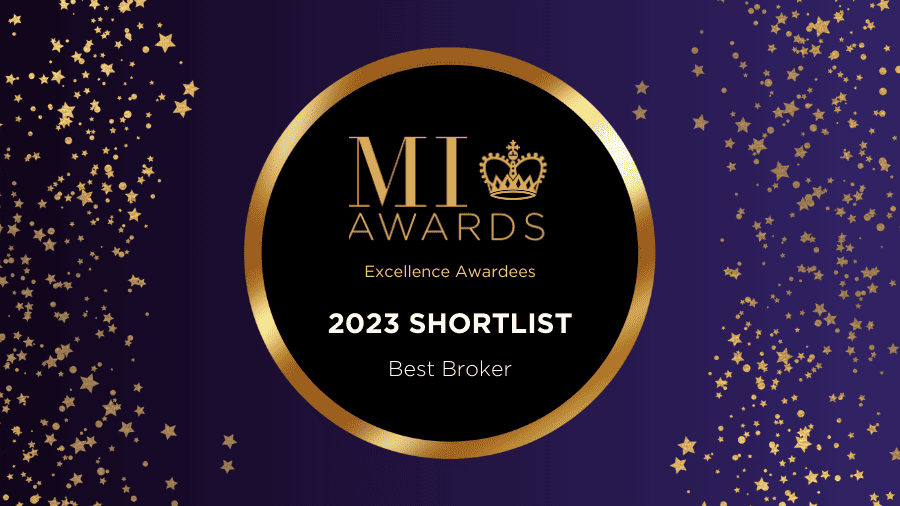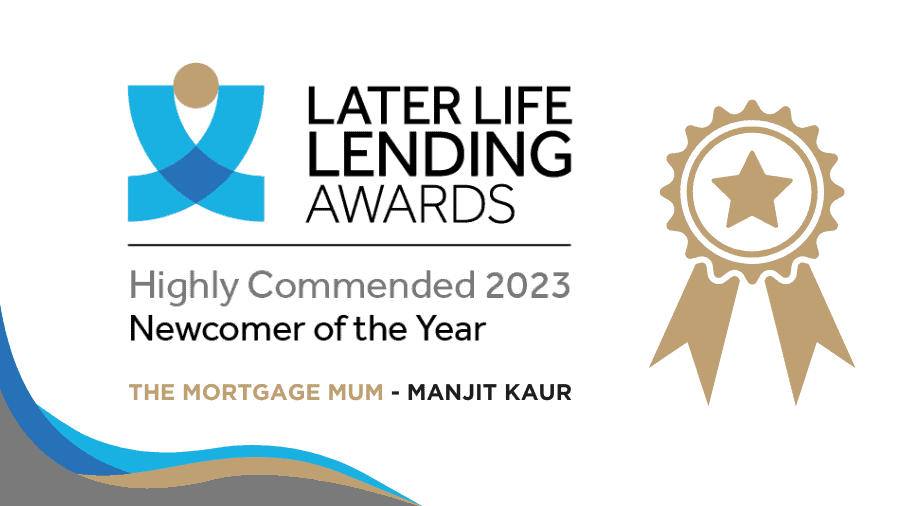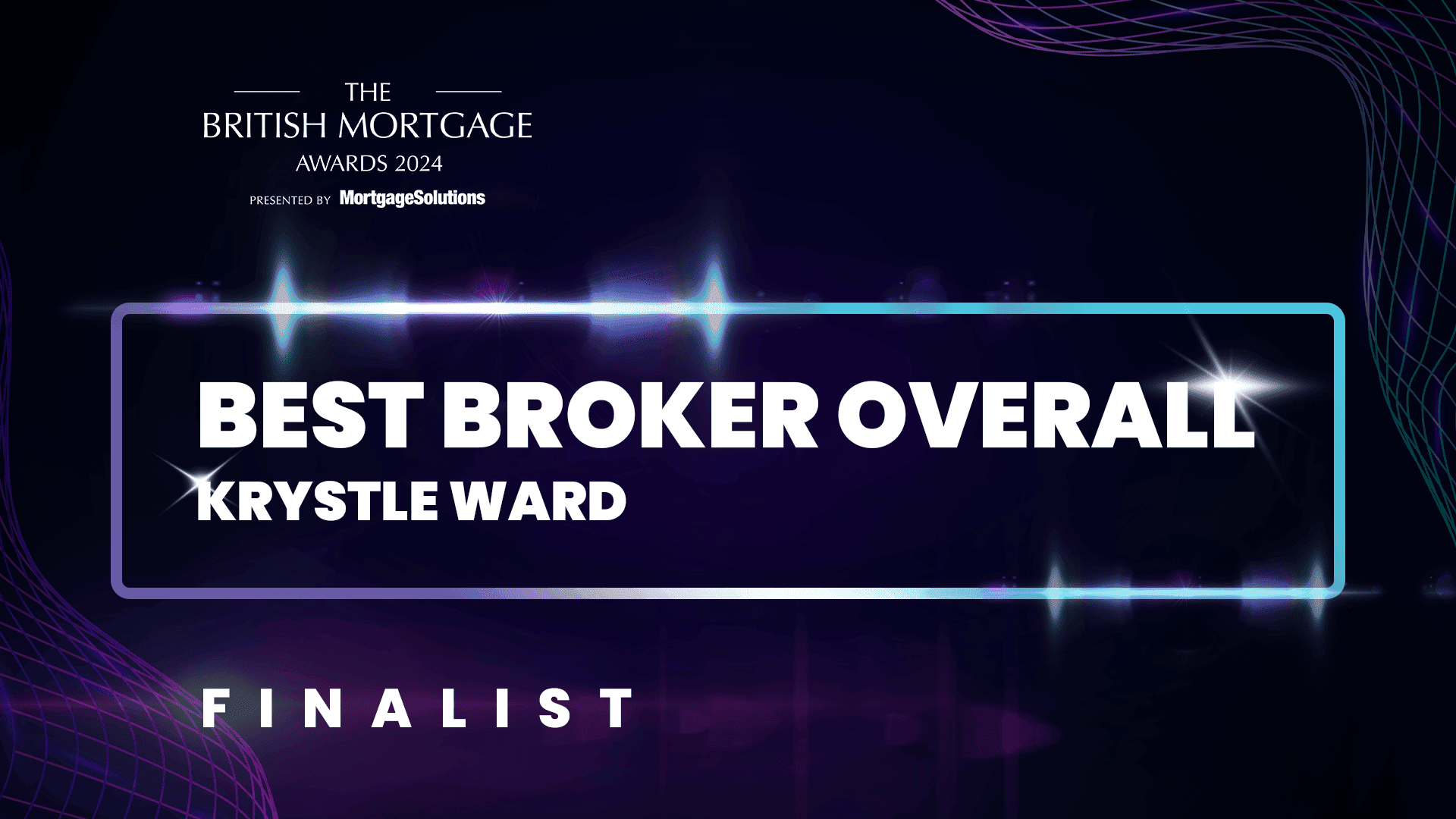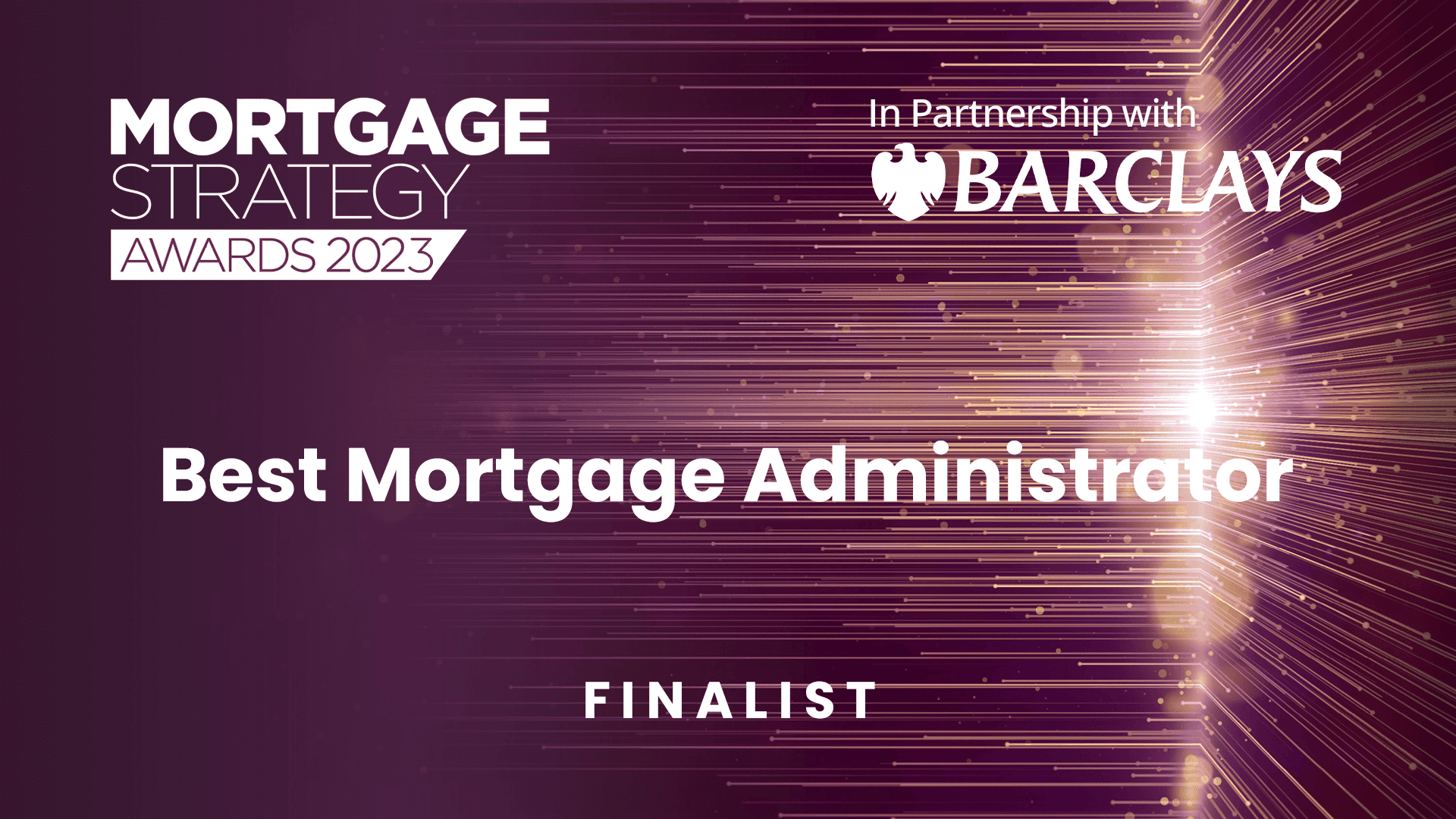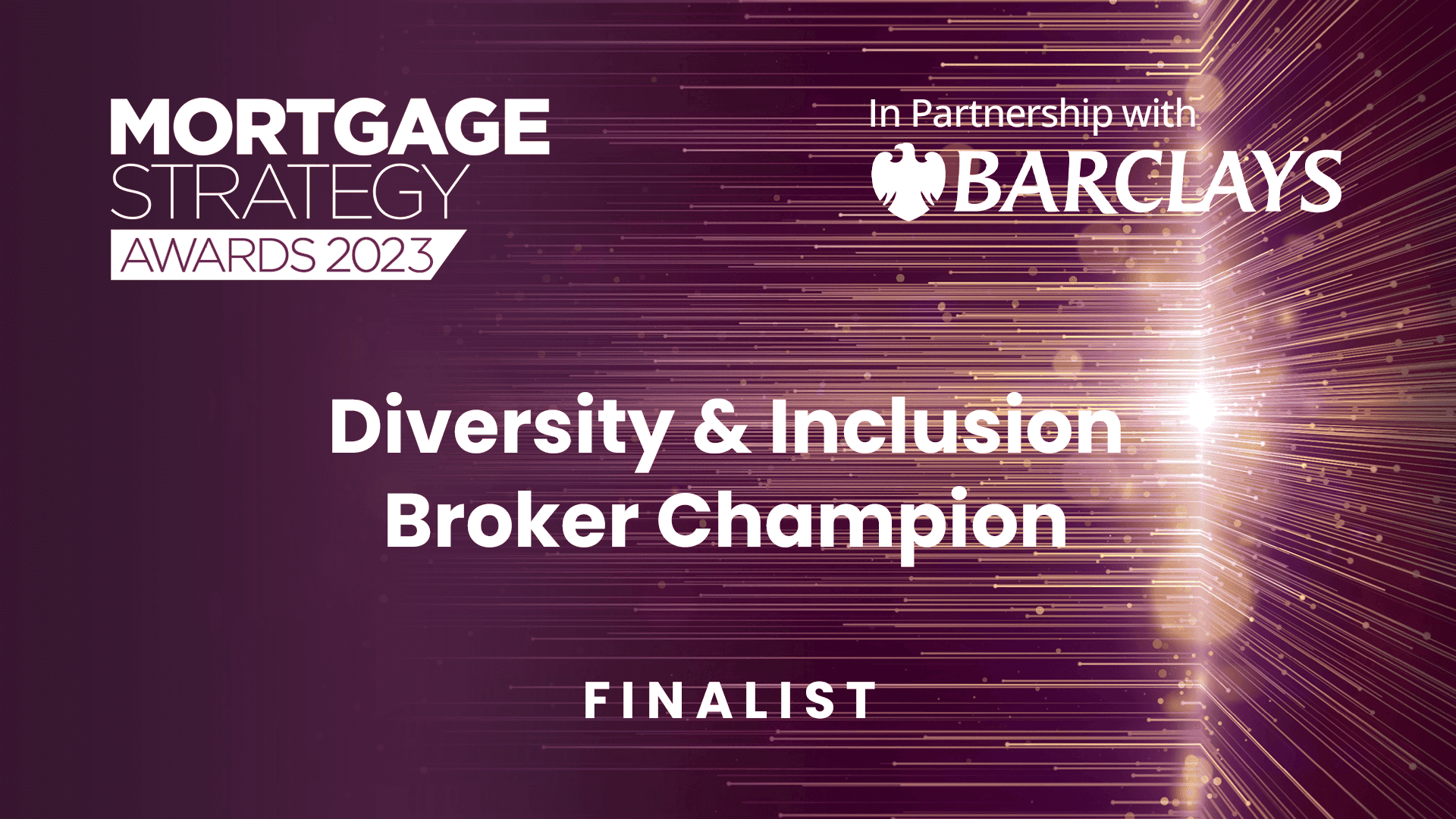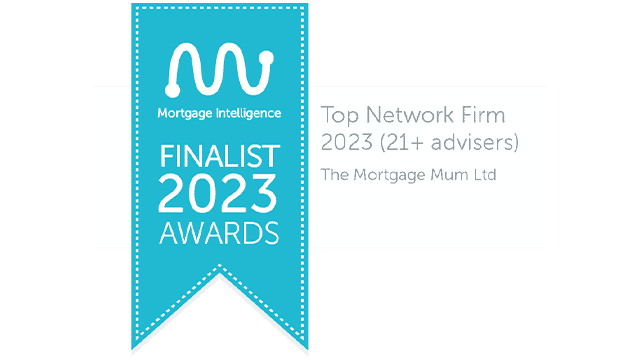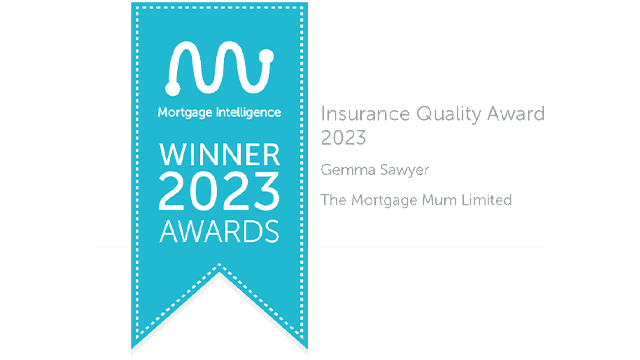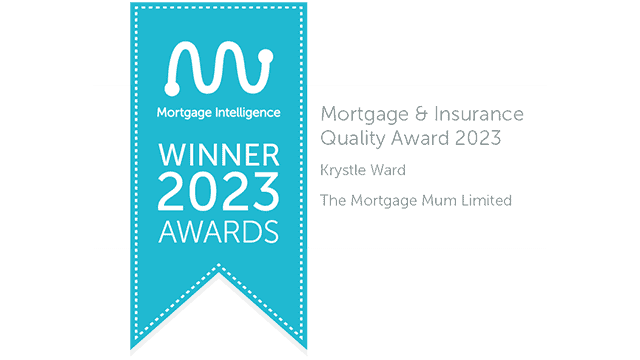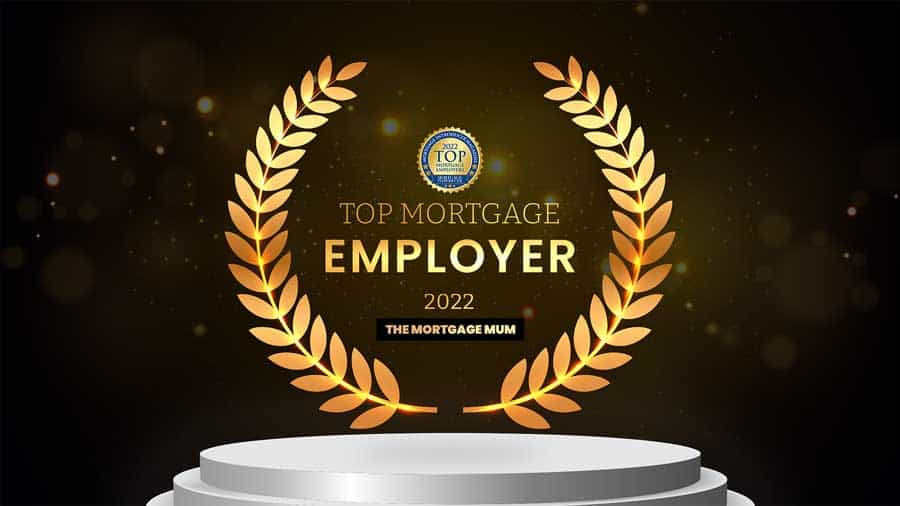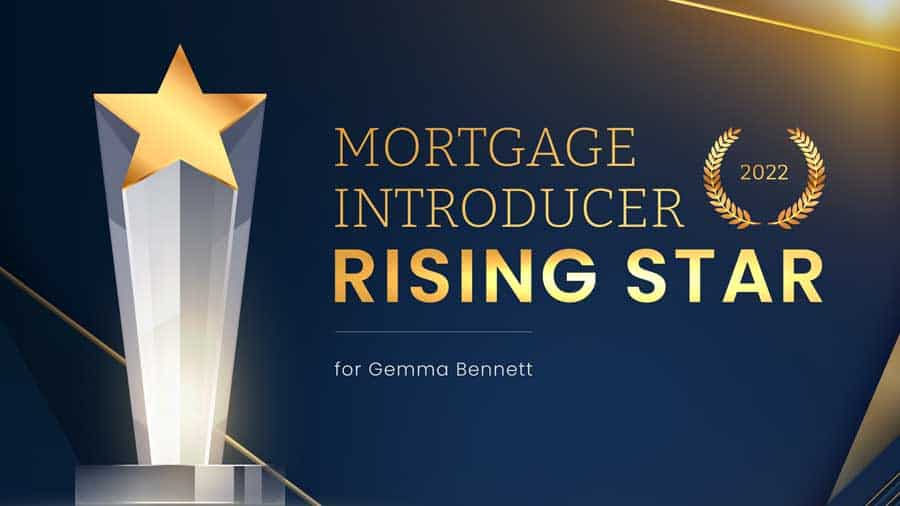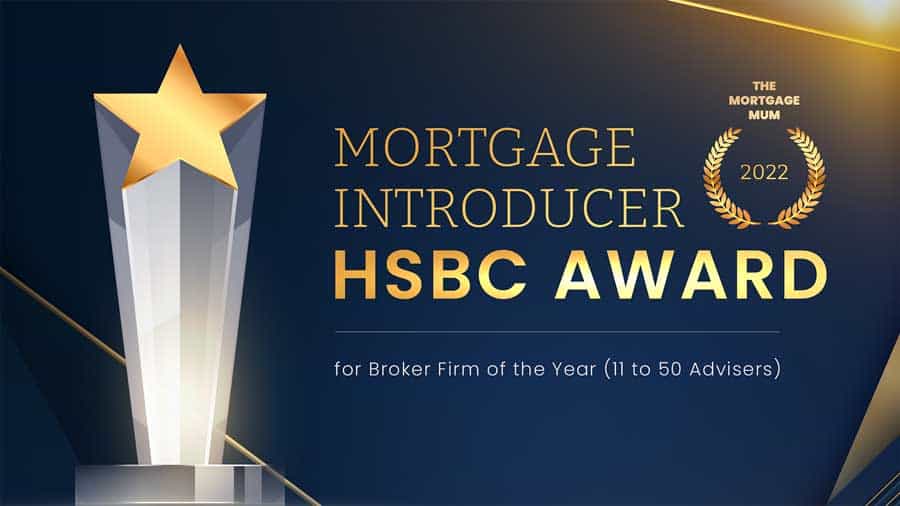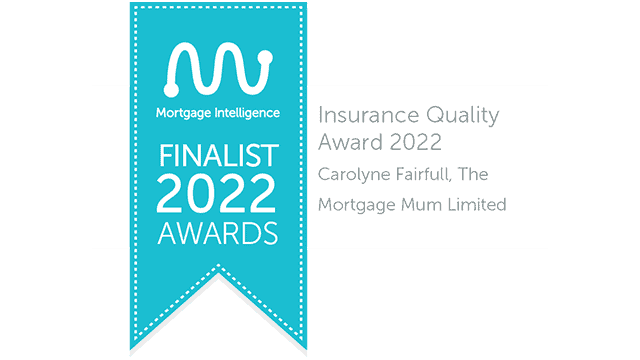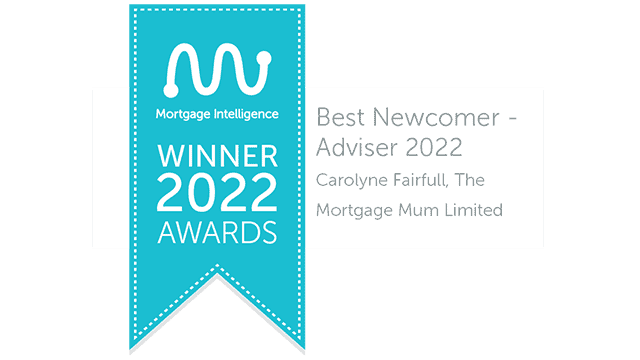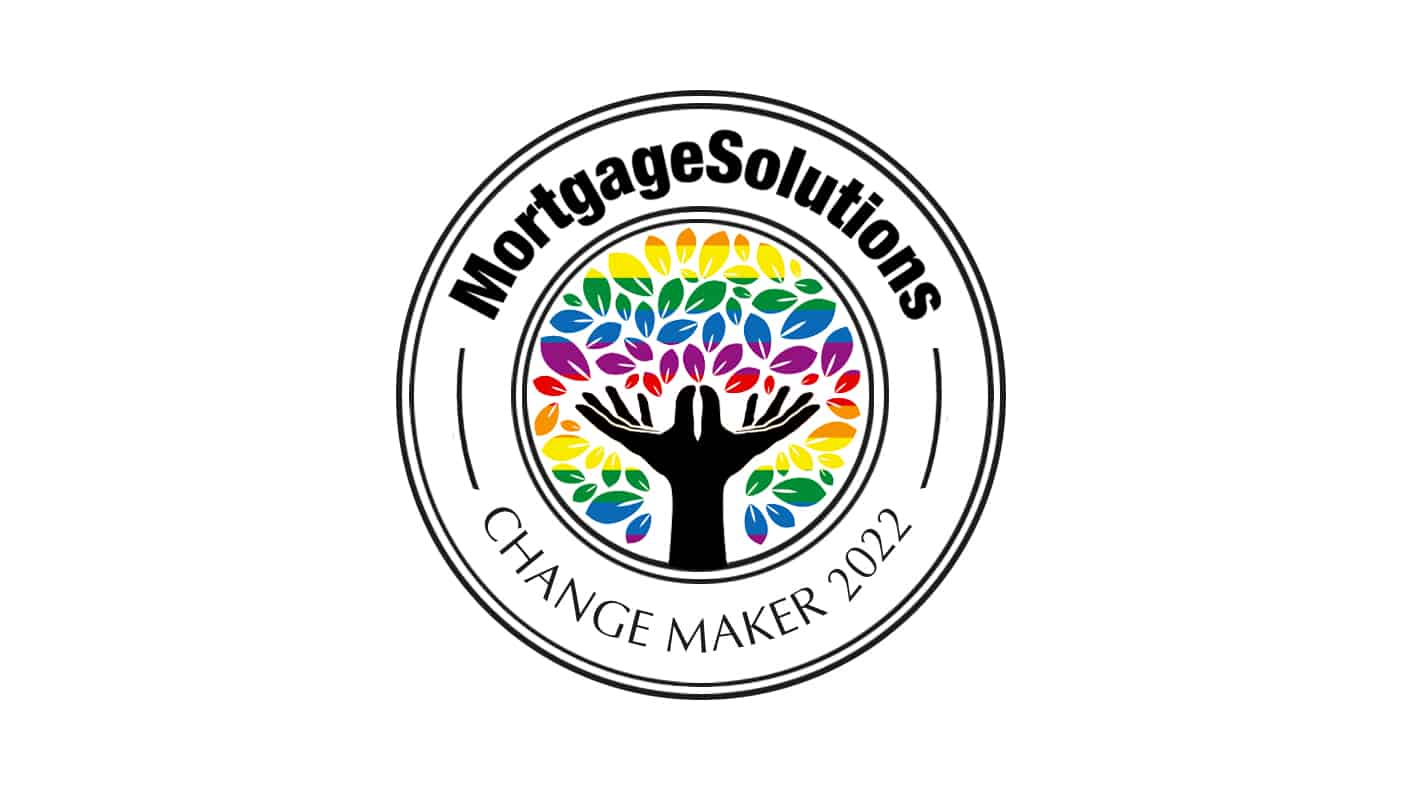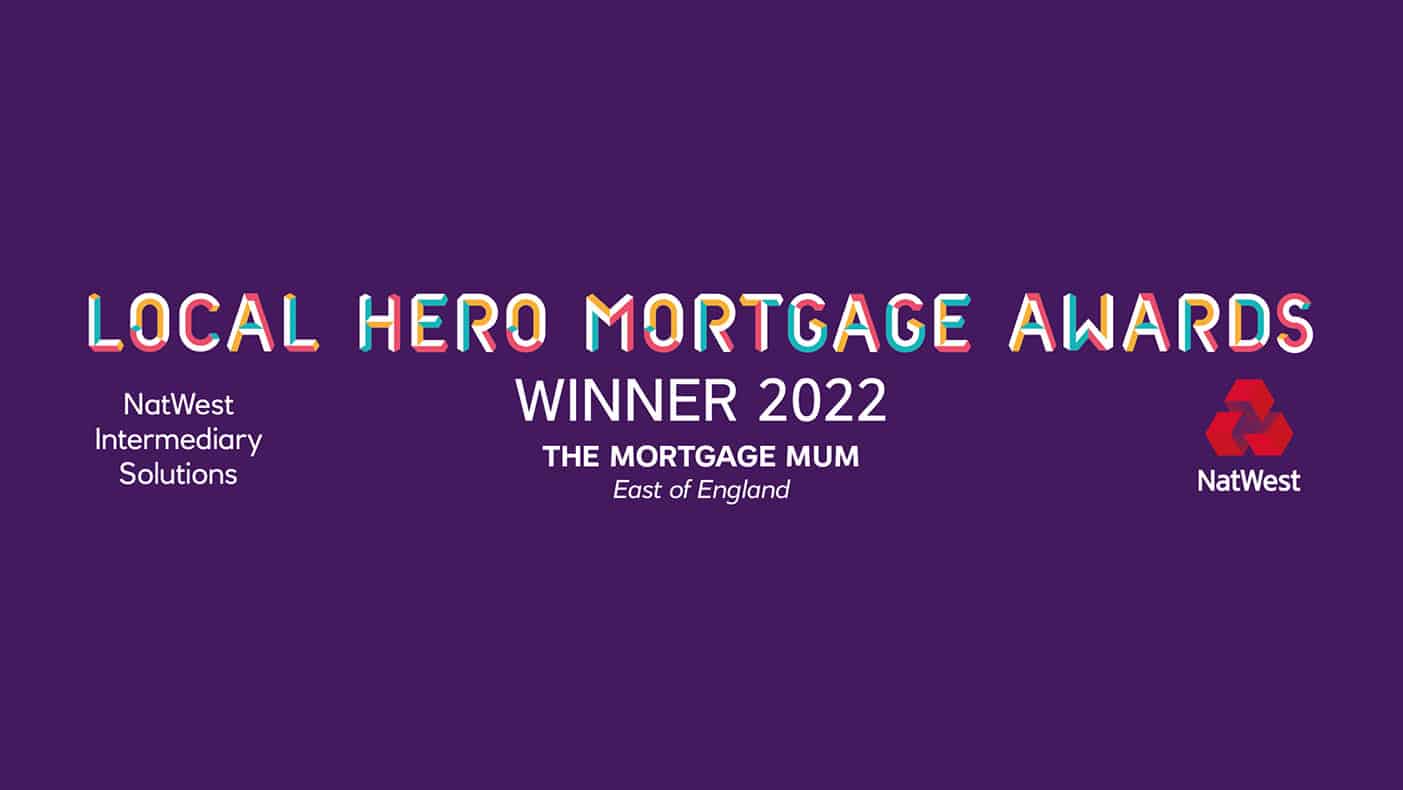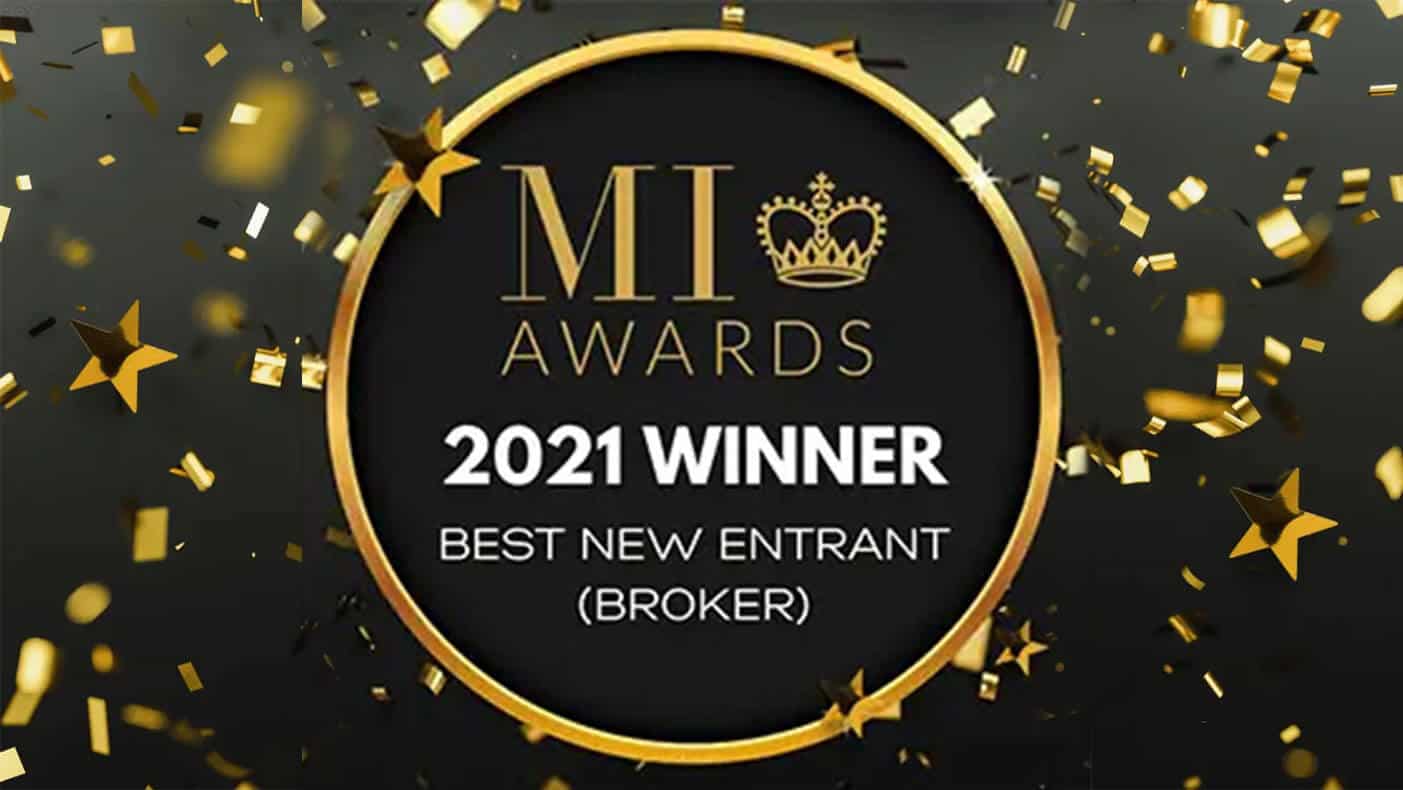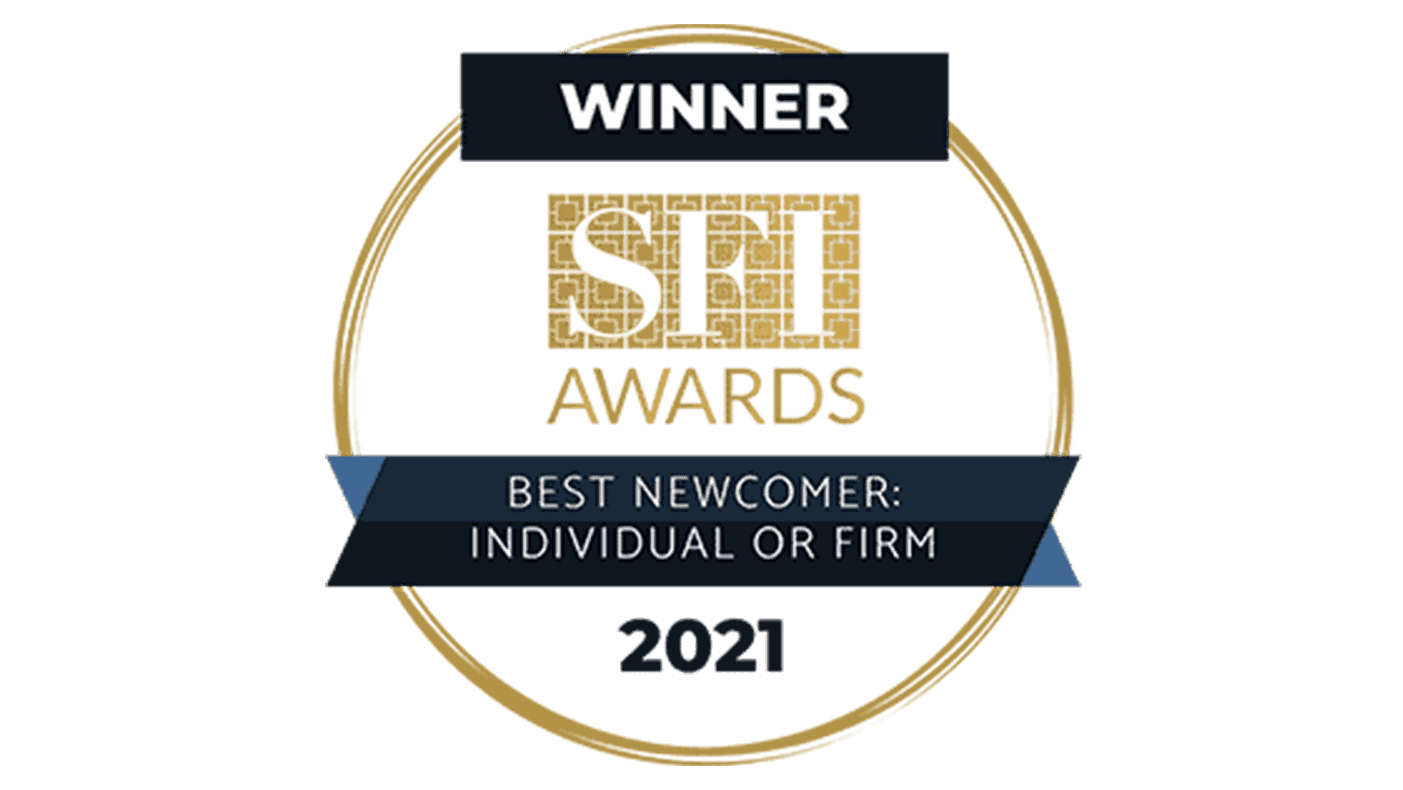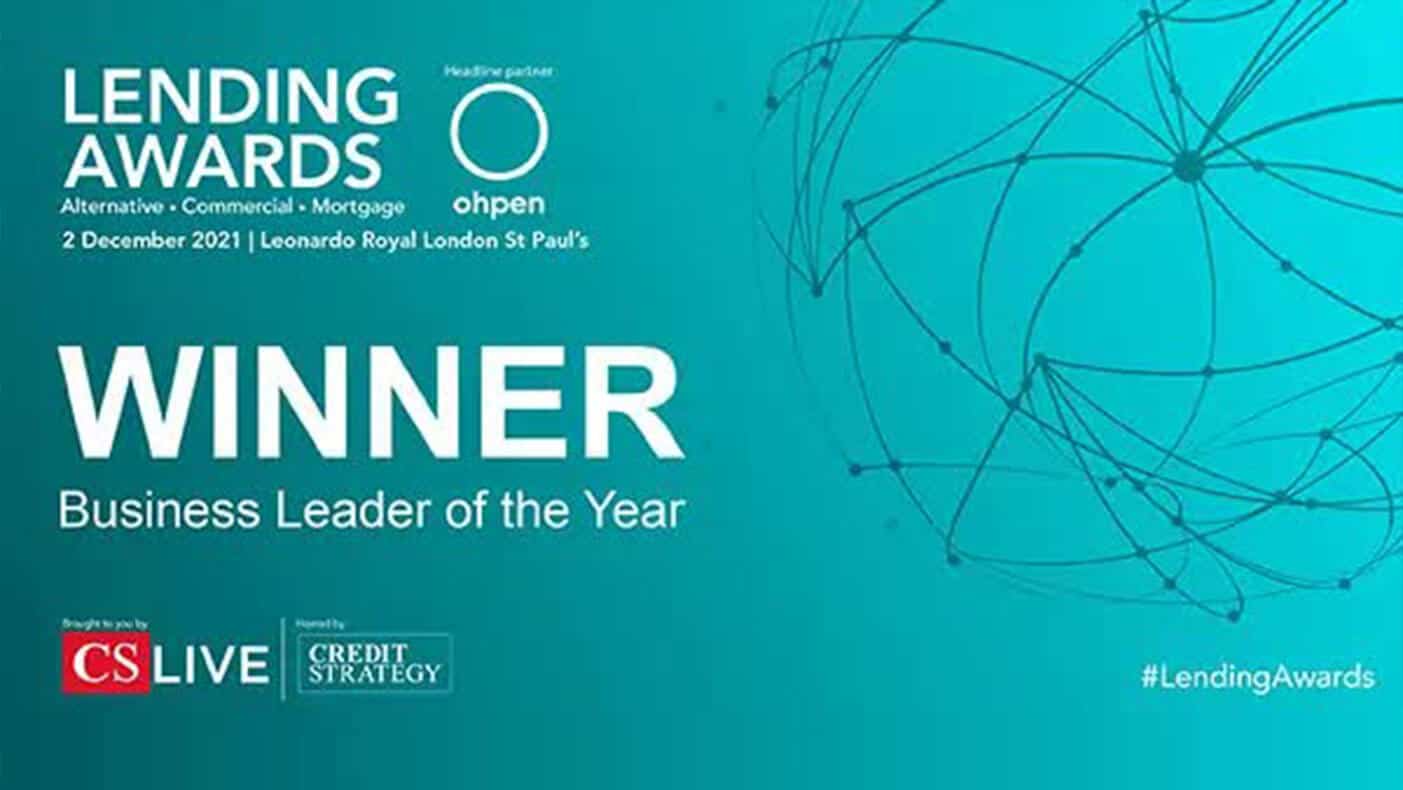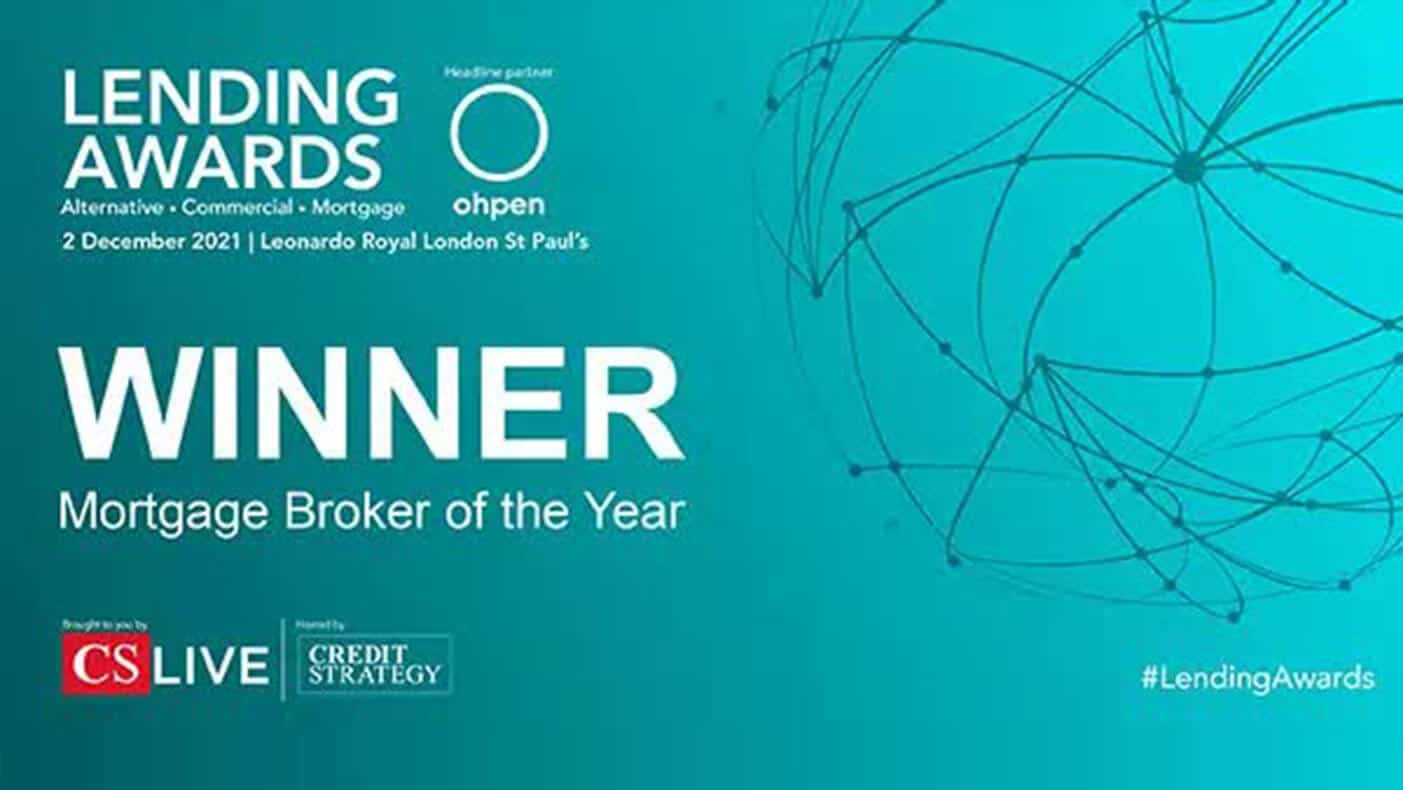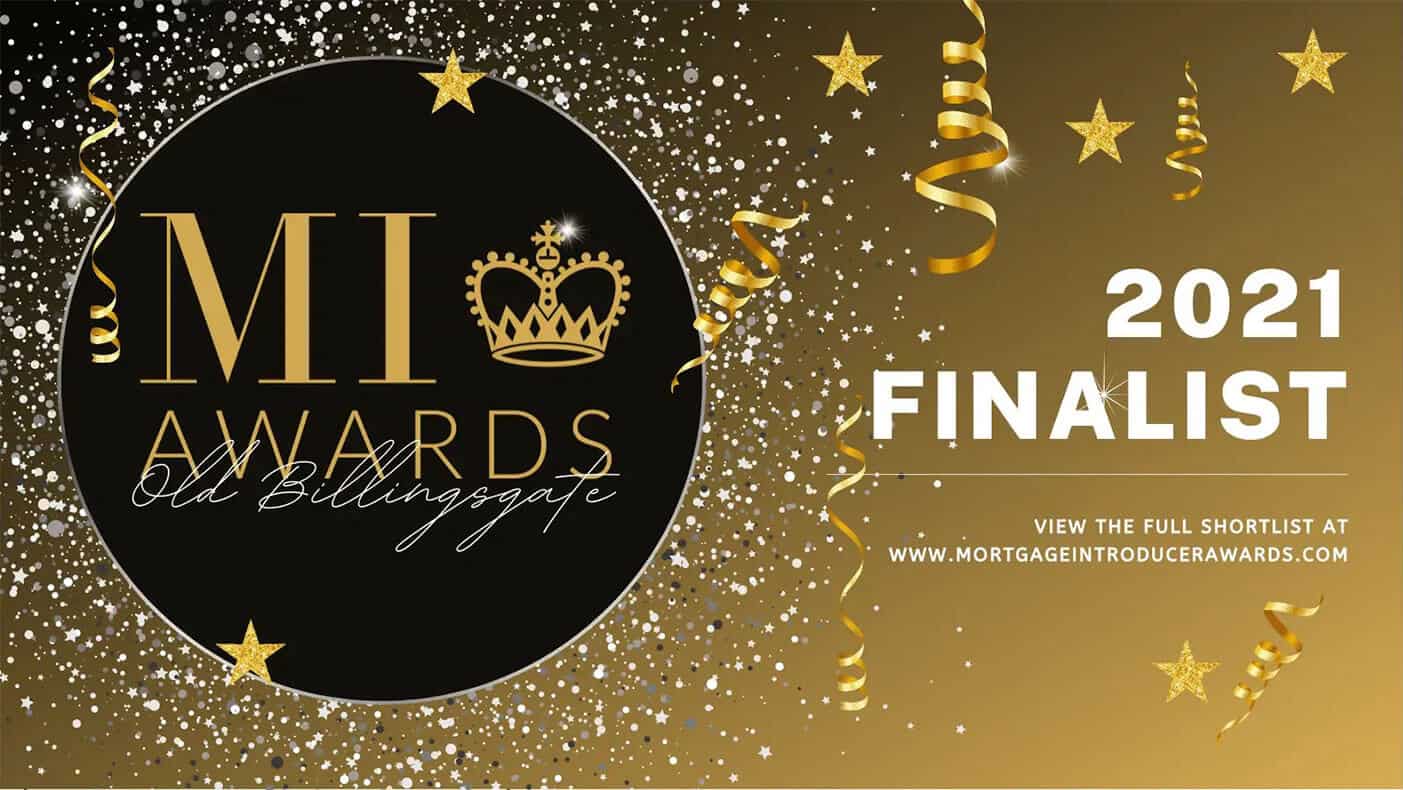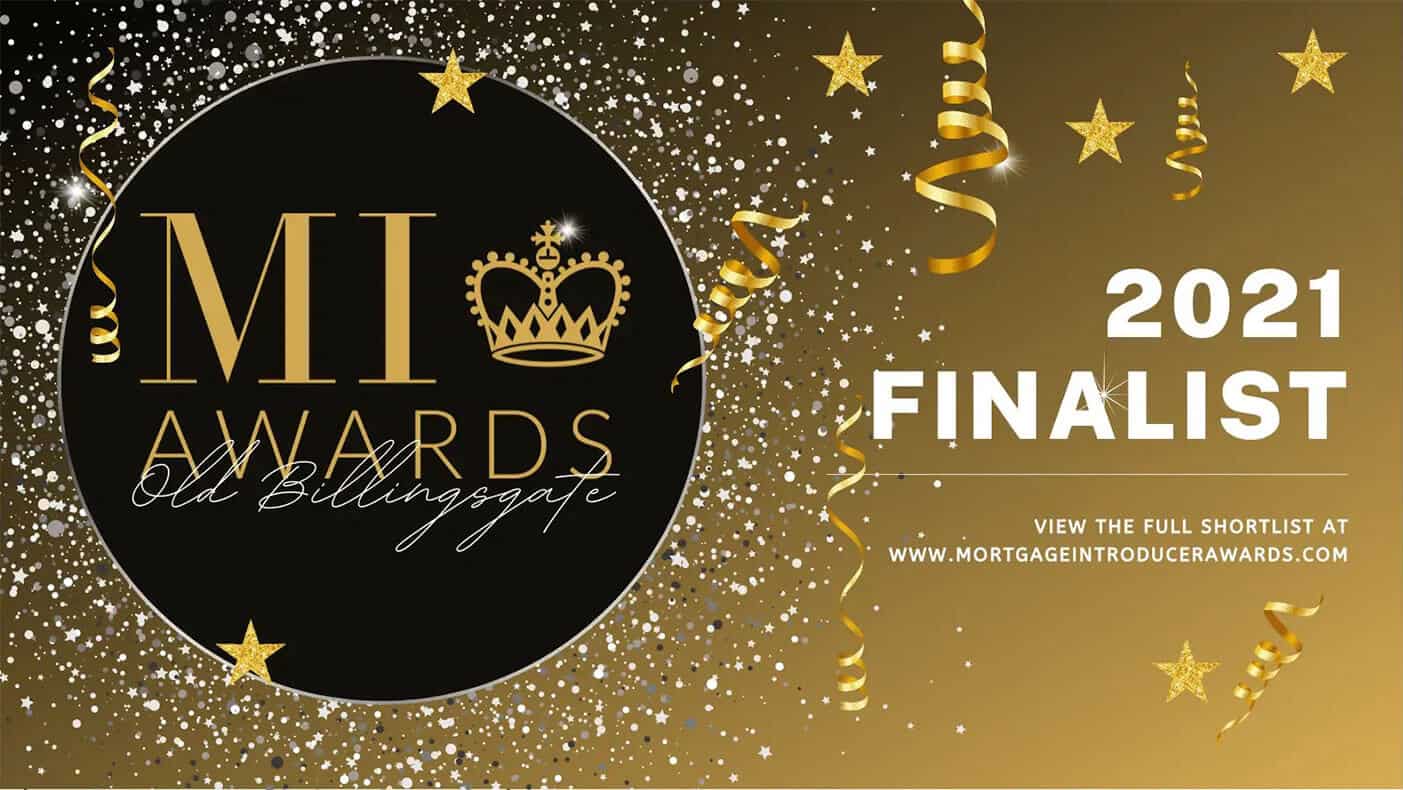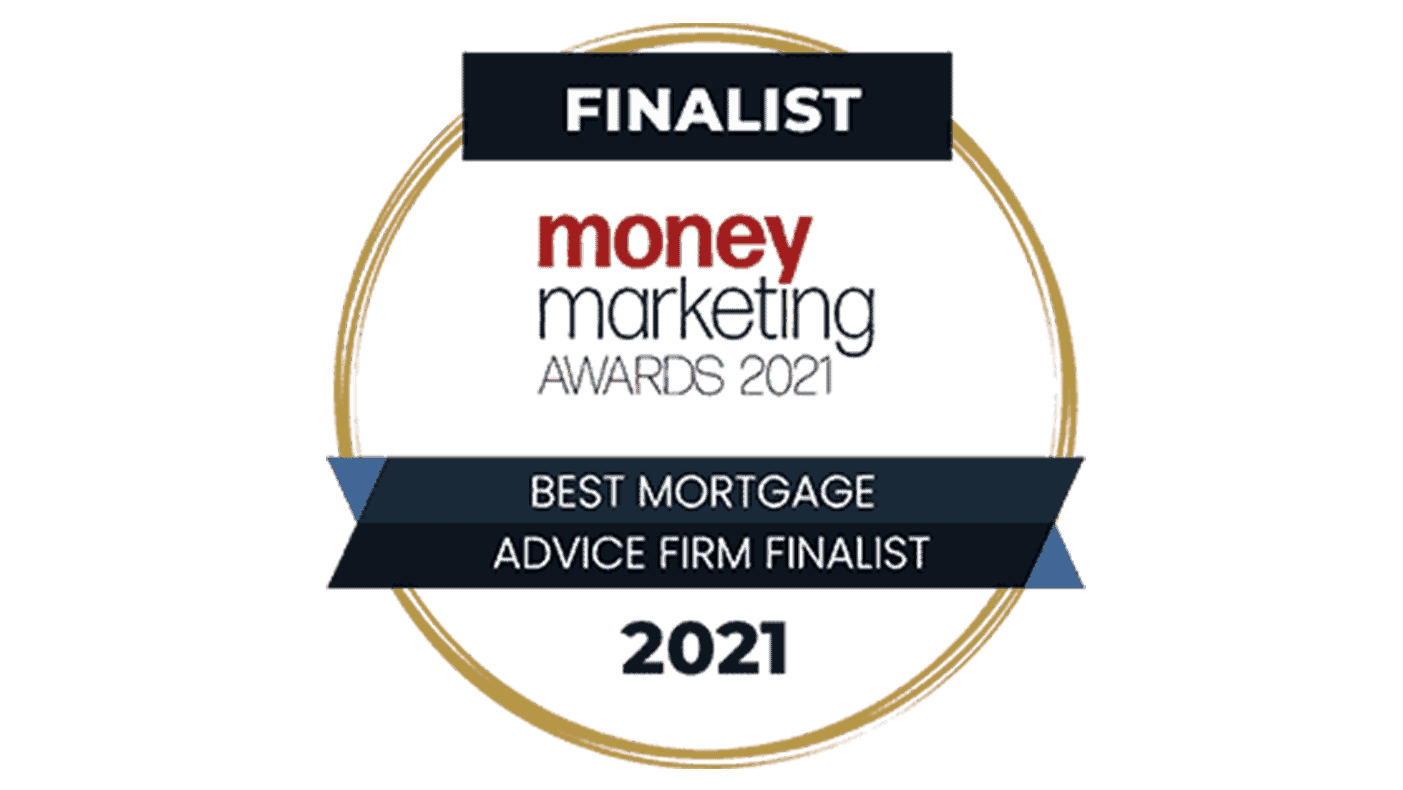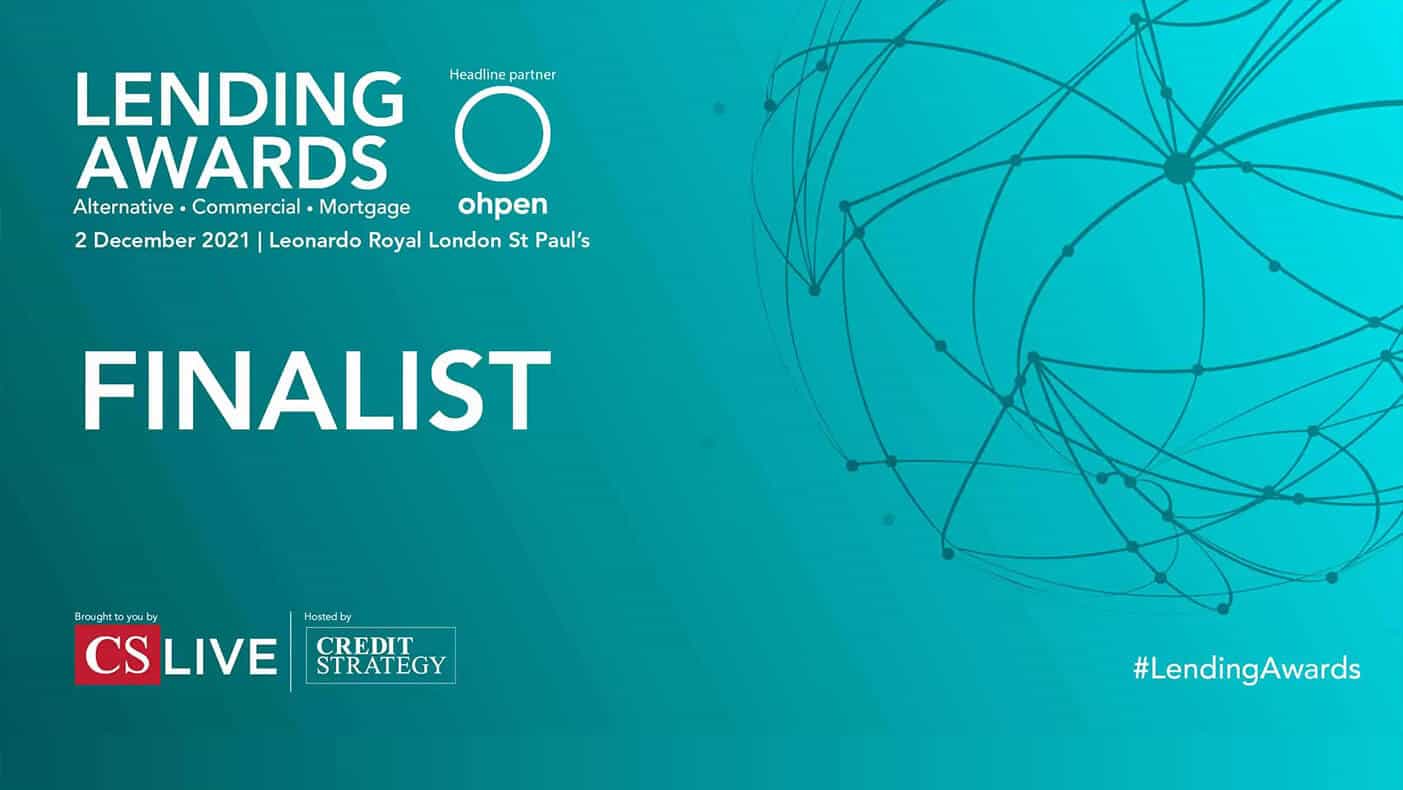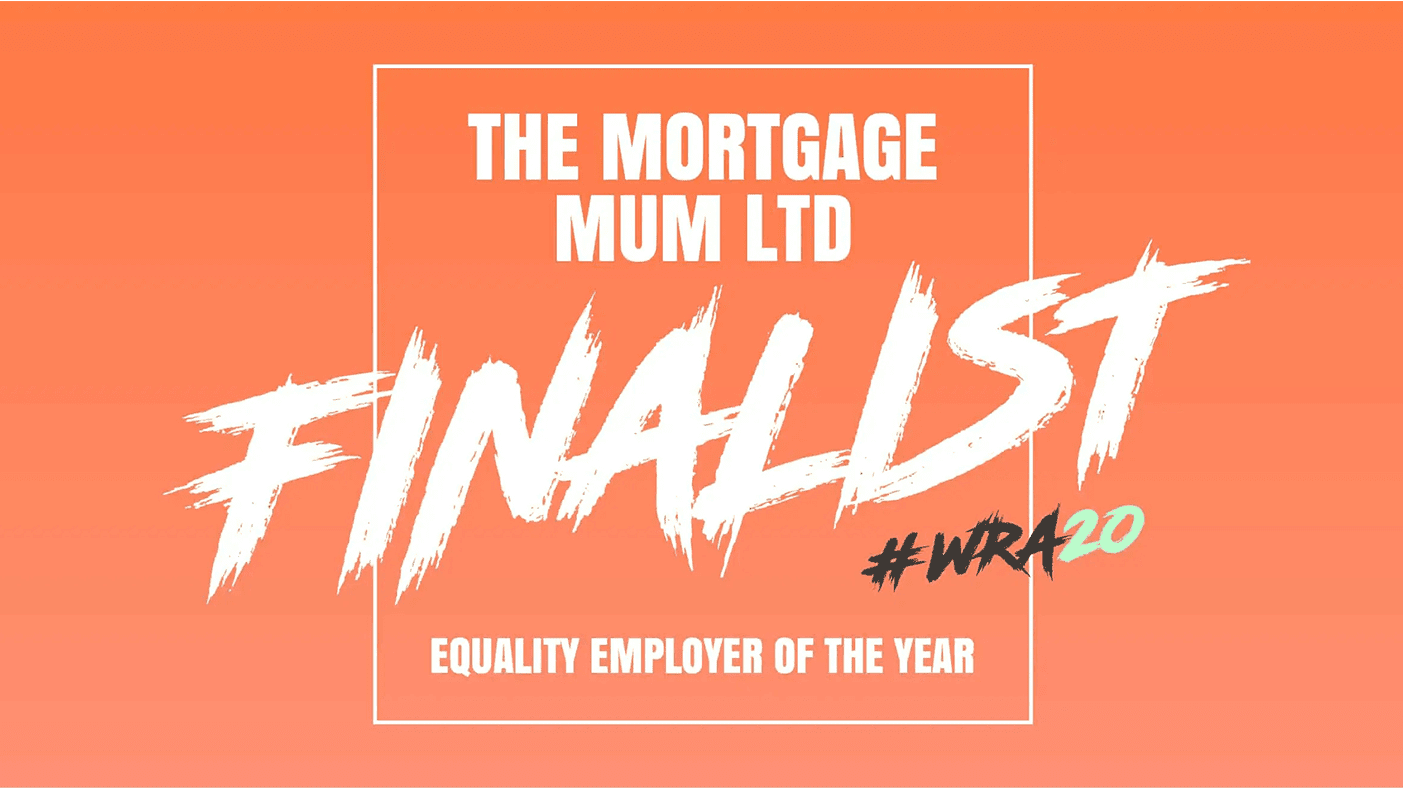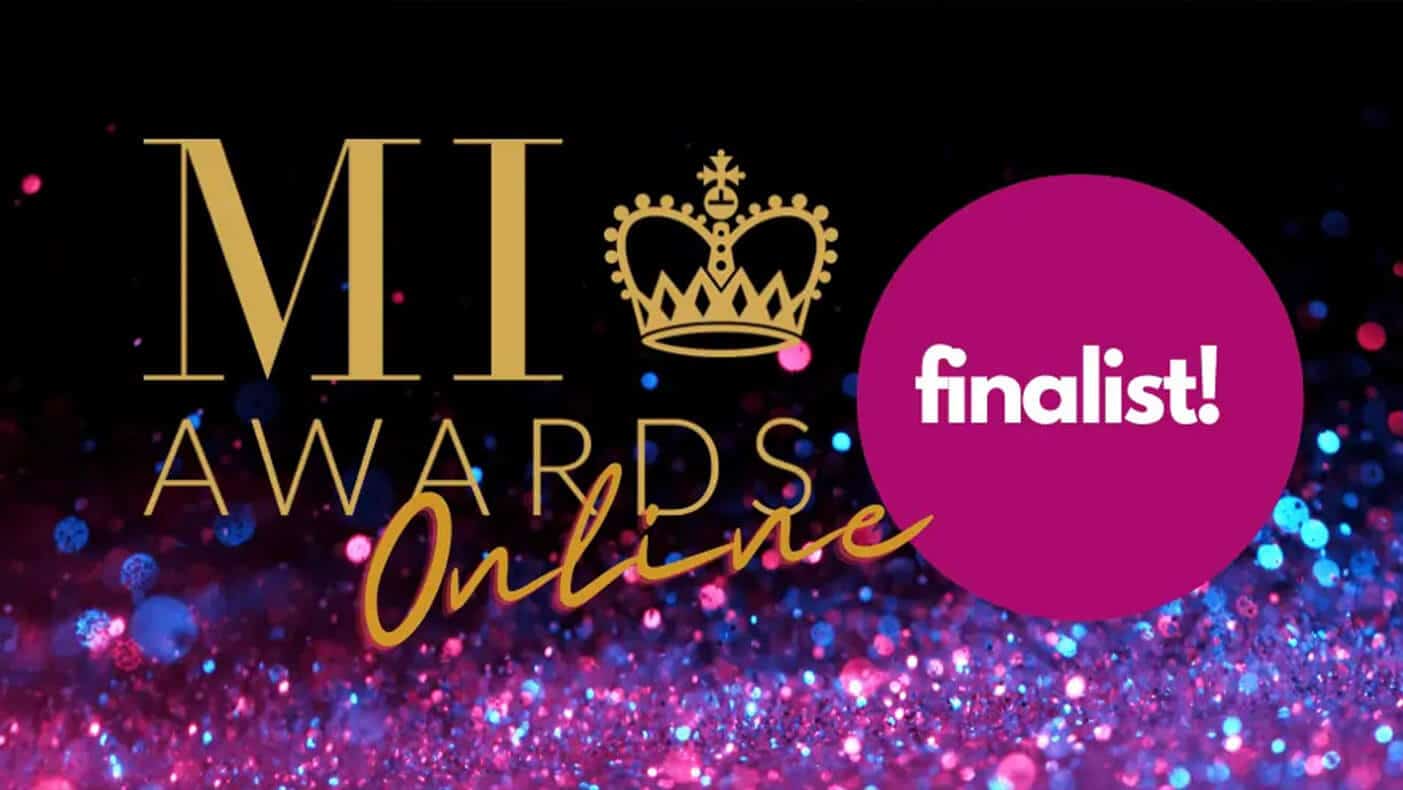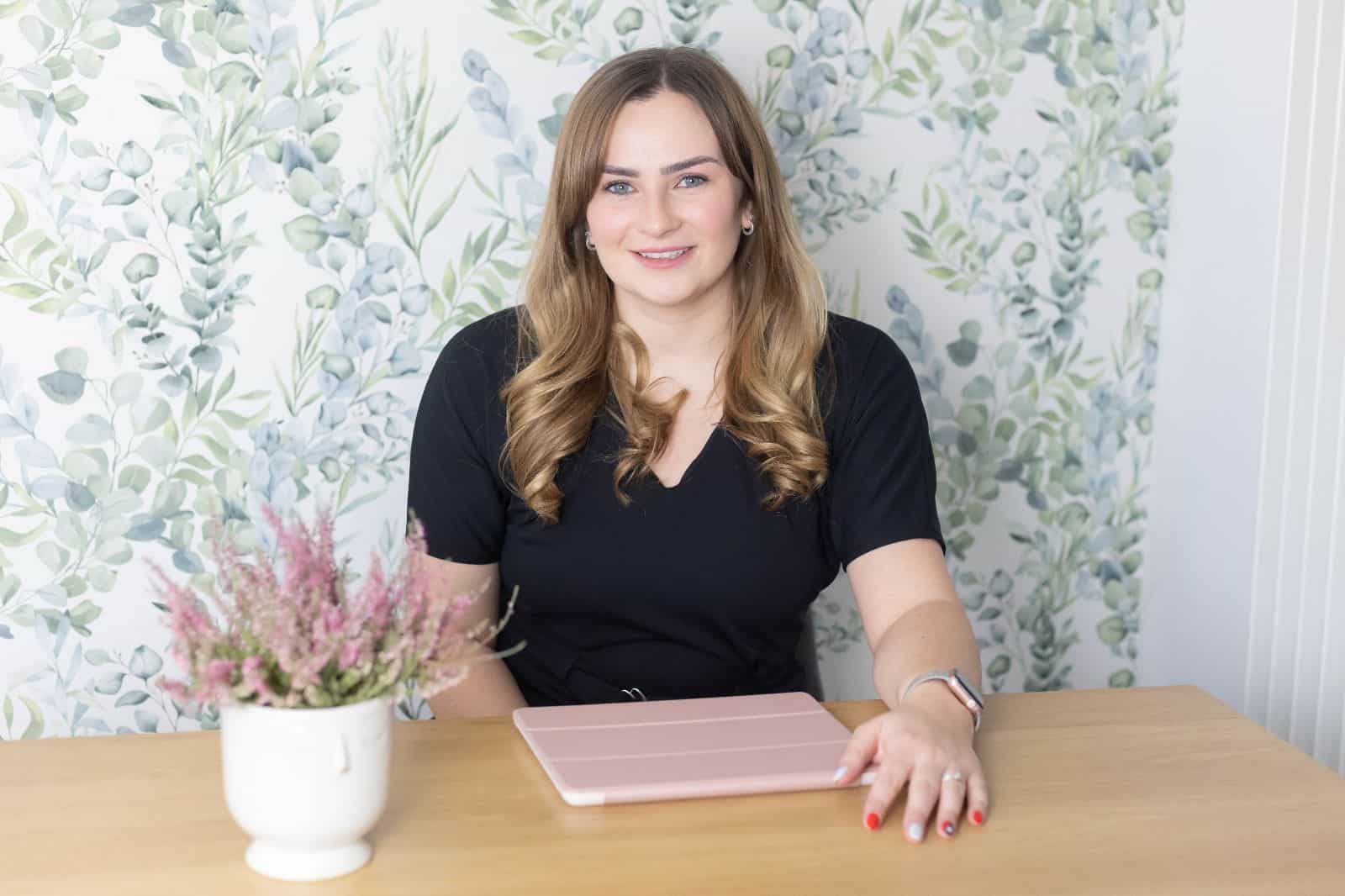
Rachel Jenkins joins Sarah on the podcast to talk about bad credit mortgages. Rachel has placed lots of mortgages for people that have poor credit historically or are in a tricky financial situation.
A lot of people who think they can’t get a mortgage because of bad credit, but hopefully by the end of this episode, they will feel more hopeful.
What is bad credit and how do people know if they’ve got a poor credit rating?
Bad credit can come from a number of things. Late payments might be a form of bad credit, as are defaults, CCJs and debt arrangements. Clients don’t always realise they have bad credit – and this doesn’t affect them until they are applying for a credit card, a loan or, more importantly, a mortgage. By the time they come to us, nine times out of ten, they’ve got a property in mind and what’s on their credit file might prevent them from buying that home.
There’s also a divide between what clients see as bad credit to what we see as bad credit.
One missed payment isn’t going to be as serious as a CCJ on your file, for example.
In terms of knowing whether you’ve got bad credit, the main way to find out is with credit reports. It’s important to check your credit files. Clients often use ClearScore or Experian and you can check these online yourself. But the best credit report to get is CheckmyFile, which combines all three credit agencies: Experian, TransUnion and Equifax all in one report. That’s important when going for a mortgage, because each lender will check different credit references and credit agencies.
The Mortgage Mum have an affiliate relationship with Check My File, where you can get a 30-day free trial. Check My File sees your data from all 4 credit agencies, not just one, and is consistently rated excellent on Trustpilot. Your trial, and the subscription, can be cancelled at any time. Beyond the 30 day free trial the service is charged at £14.99 per month.
Please click here
If you would like to apply for the EXPERIAN BOOST scheme please click here
What’s the main thing to look at on a credit report?
High street lenders such as Barclays, Halifax, Natwest and all the major banks tend to use credit scores when assessing an application. But specialist lenders often don’t credit score at all, in which case your score doesn’t tend to matter.
What is important is the detail. If you’ve got a default, when was it registered? How much was the default for? Have you kept up to date with everything since? Has the default been cleared off?
A lot of First Time Buyers can have a low credit score without bad credit. It doesn’t mean that something’s gone wrong, it just means you’ve not taken any credit – so it’s difficult for a lender to know that you can manage a mortgage. It can be a good idea to take out a credit card before you start thinking about buying a home.
Speak to an expert
We will work at times that suit you and your family, carrying out appointments via video call, telephone or email, giving you the benefit of first class service, around your own schedule, and in the comfort of your own home. So let us handle your mortgage today and find out how well we can look after you, The Mortgage Mum way!
Can I get a mortgage with bad credit?
Absolutely, yes. There’s a number of lenders that are willing to lend in this situation, and actually specialise in this area. It may mean that you need a slightly larger deposit compared to someone that doesn’t have credit blips on their file, but there are definitely options.
People often ask if they can get a mortgage with a 500 credit score – a fairly low score, as the maximum is 999. But this is feasible – in fact we successfully did a mortgage for a gentleman that had a score of 190. We gained an Agreement in Principle for him within about 24 hours of him presenting all his details. At the end of the day, if you’ve got the deposit, we can arrange a mortgage for you.
What is a CCJ and what does it mean in getting a mortgage?
A County Court Judgement orders you to pay money back to your creditor. If, for instance, you have a credit card with Barclays, you owe them £1,000 and ignore all their correspondence, a CCJ will be issued against you that goes on your credit file for six years.
It might take six months for the CCJ to be registered, so the dates aren’t always accurate. That means it can negatively impact you for longer than six years.
In terms of a mortgage, you can get one, but you will need a higher deposit. If a client has had a CCJ registered six months ago, there are mortgage products available but they are likely to need a 20% deposit. Someone with good credit can usually get a mortgage with a 5% or 10% deposit.
A lot of people think that they have to satisfy that CCJ to get a mortgage but that’s not always the case. Lenders tend to go on the date that the CCJ is registered, not the date that it’s satisfied. In general, too, if the credit issue is more than three years old, the lender may disregard it.
What is a Default and will it stop me getting a mortgage?
Most creditors will put your account in ‘default’ after six continuous missed payments. So if you missed your payment in January, February, March, April, May and June, in June it will be turned into a default. That, again, will stay on your credit file for six years.
It will show up as a D on your credit report. A Checkmyfile report will give you the date that the default was registered, the amount that the default was for, and the date it was satisfied if applicable.
Lenders again have a three year rule on defaults. Plus, if the default is for a utility company, some lenders will potentially ignore it, especially if it’s under a certain value. Generally there are a lot of options if you’ve got a default.
What is an IVA and can I get a mortgage with one?
An Individual Voluntary Agreement works similarly to bankruptcies. You will need a higher deposit for an IVA – a 25% deposit is the standard. That’s a lot of money, which makes it more difficult for clients with an IVA.
Again, an IVA or a bankruptcy only show up on your credit file for six years, so timing is important. Once this has dropped off your credit report, you will be in a better position.
How much detail about the situation will lenders need?
We recognise that credit issues are often down to an event that’s happened to a client. They’ve lost their job or perhaps someone close to them. It can be very stressful to manage their finances, and it’s difficult to escape from a debt situation.
It’s all about saving. If you can’t get a mortgage right now, we can keep reviewing it and work with you to make a plan.
Once you’re in a position to talk to a lender, they will often ask for an explanation of your debt issues. After all, they’re lending you a large amount of money and they want reassurance that this is going to be repaid.
If your problems stem from a life event such as a death or divorce, they’re often OK with that. But a general poor management of money could mean they are more reserved. They might ask for proof that you’ve improved your track record and changed bad habits.
Why are Payday loans a problem on your file?
A lot of clients don’t realise that payday loans are a problem. They’re so available and widely advertised. No one looks at the small print – specifically the massively high interest rate you pay as it’s a short term solution.
There are better short term options out there. You can look at credit cards, an overdraft or perhaps borrowing from a family member. If you’ve taken a payday loan in the last six months, you’re going to have to wait before you can apply for a mortgage.
Speak to an expert
We will work at times that suit you and your family, carrying out appointments via video call, telephone or email, giving you the benefit of first class service, around your own schedule, and in the comfort of your own home. So let us handle your mortgage today and find out how well we can look after you, The Mortgage Mum way!
What are DMPs and arrangements to pay?
A DMP is a debt management plan. An arrangement to pay will be shown in a credit file as an AR.
You might get an AR, for instance, if you’ve had difficulty repaying a loan. You call up your provider and they agree an Arrangement to Pay which reduces your payments for a few months. You think, brilliant, I’ve got some breathing space. But what they don’t tend to tell you is that an arrangement to pay will impact your credit score – it’s seen as a late payment from a lending point of view.
A debt management plan is where your debt has been taken over by another creditor, and you’ve agreed on a manageable way to repay the money you owe. But again, a DMP will appear on your credit file and be visible to a lender.
Again, you can still get a mortgage with these, as long as you’ve got the right deposit. The rule of thumb with adverse credit is the more deposit, the higher your chances. Also, the older the issue is, the more likely you are to get a mortgage.
How can I improve my credit score?
Step one is to make sure that you’re on the electoral roll – that’s really important. It boosts your credit instantly, and also means that should you forget to pay something and move house, there’s a way of tracing you that could prevent you getting a CCJ.
It’s also important that you can get credit. As we said earlier, a First Time Buyer might not have much credit, so their score might be low. You can prove to lenders that you can be trusted with money by getting a low-value credit card out. You don’t have to spend the whole balance on it. Set up a direct debit for the minimum payment, pay that back each month on time, and that will prove you can be trusted with money.
Another positive step is keeping your utilisation low. If you’ve got a credit card or overdraft, for instance, only use a small proportion. If you’ve got a £1000 credit card, try and keep your balance to £300 or below. 30% utilisation is a good target to aim for.
Is bad credit the same whether you want a new mortgage or a remortgage?
A mortgage is a mortgage. The main difference is the deposit. With a property purchase, you have to save up your deposit. With a remortgage, you’ve got a little more flexibility in that if you bought your property five years ago, hopefully you’ll have gained equity which means that you’re borrowing a smaller amount against the overall value of the property.
It means that if you have had poor credit in that time since buying the home, there might be a little more flexibility in getting you a new mortgage than for a First Time Buyer.
Do any of your bad credit mortgage experiences stand out?
One lady that I dealt with was earning really good money but, a couple of years previously, her husband walked out, leaving her with the property and her little girl to look after. It was all new to her – she was left with all this credit and couldn’t manage it. She had defaults and CCJs registered against her.
She came to me really upset because another broker had turned her away and said that there wasn’t anything that he could do to help. I got her credit report and looked through it, and found that most of the issues were quite historic. She had good equity in her property, so she did have options.
She was so worried about losing the house, especially because of her daughter, and it was lovely because I was able to sort it all out for her.
How can I get in touch with Rachel?
You can find me on the Mortgage Mum website, and I’m on Instagram, Facebook and LinkedIn as Rachel_themortgagemum. Please do send me any questions that you have. I’m more than happy to help.
If I can’t help you right now, I will help you with a plan and explain what you need to do in order to come back and get a mortgage sorted in the future.
A lot of brokers out there don’t like adverse mortgages or bad credit mortgages and will sometimes say no because they don’t want to do the work it takes to get your mortgage.
So find yourself a Rachel – I enjoy problem solving for people like yourself.
Your property may be repossessed if you do not keep up with your mortgage repayments.























